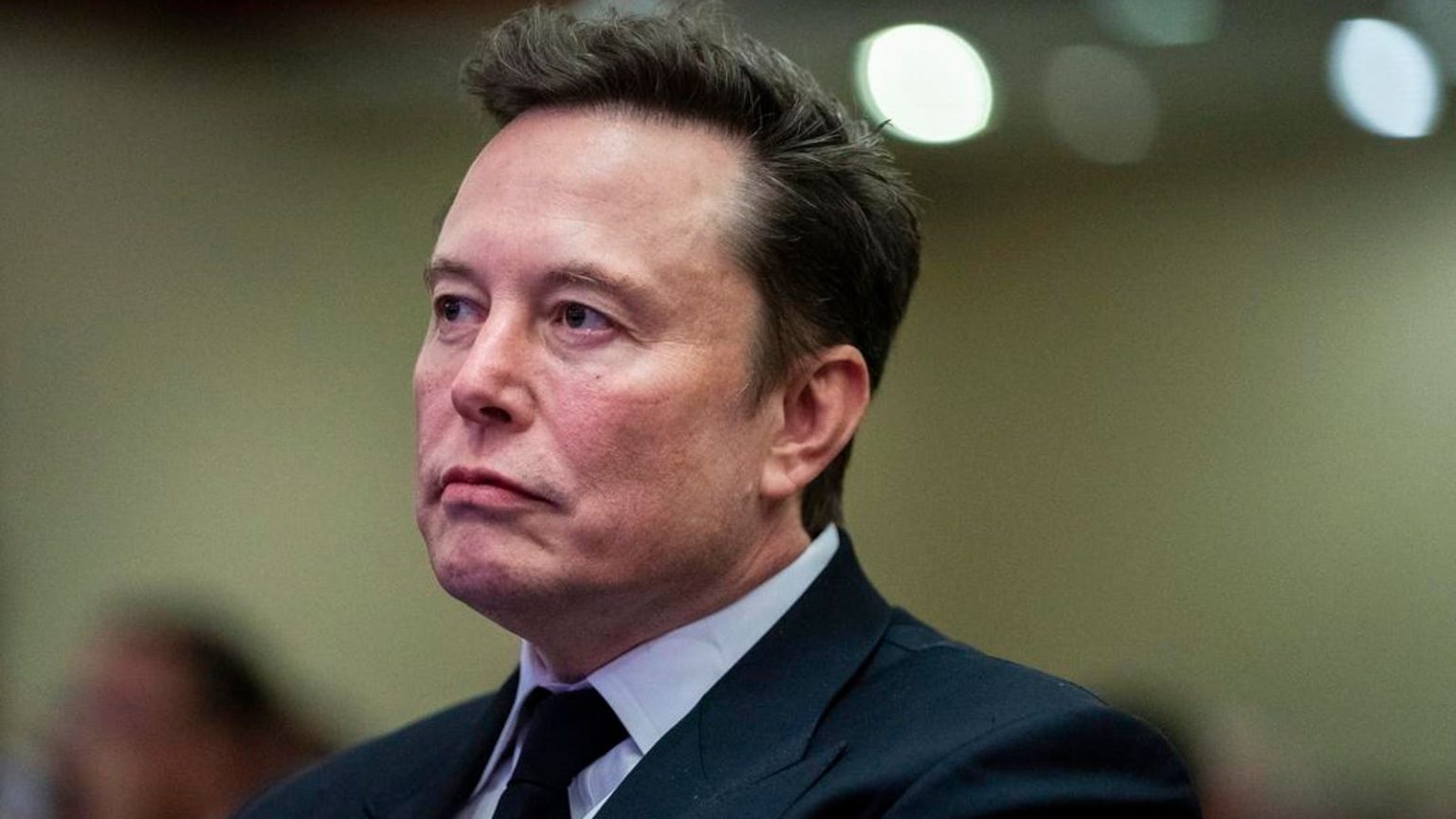Elon Musk’s Disputed $50 Billion Pay Package Struck Down Again by Delaware Judge
In a significant legal blow for billionaire Elon Musk, a Delaware judge has once more invalidated his record-breaking $50 billion pay package from Tesla, originally approved by shareholders in June. Chancellor Kathaleen McCormick of the Court of Chancery upheld her previous decision, arguing that Musk’s overwhelming influence over the Tesla board compromised the approval process. The ruling mandates that the company pays the plaintiff’s attorney fees of $345 million, reinforcing the notion that accountability in corporate governance extends to even the highest echelon of management.
The saga began in January, when Chancellor McCormick determined that Musk’s compensation package, originally valued at $2.6 billion but skyrocketing to $56 billion by the time of her ruling, was not justified or fair to the company’s shareholders. During that ruling, she highlighted Musk’s "enormous influence" and how it had resulted in a misguided remuneration approach that did not prioritize shareholder interests. This led to questions about the integrity of the decision-making processes at Tesla and whether the board had effectively represented its investor base when they approved such extraordinary pay for Musk.
In the aftermath of her January ruling, Tesla shareholders convened in June and surprisingly voted in favor of the $50 billion compensation plan. However, McCormick dismissed the significance of this vote, stating that it could not "flip" her earlier decision, which she underscored was grounded in established legal principles. On Monday, she reiterated her stance, indicating that the board’s approval did not alter the fundamental issues at play regarding governance and fiduciary duty.
As a direct consequence of the ruling, Tesla shares witnessed a decline, closing at $357.10 and falling another 1.5% in after-hours trading. This stock performance raises concerns among investors about the financial implications and stability of the leadership at Tesla amidst ongoing legal scrutiny. Musk’s personal wealth has also been impacted, and on the evening of the ruling, Forbes placed his net worth at approximately $336.8 billion, making him the world’s richest person, though they had factored in a discounted valuation for the disputed stock options.
It is noteworthy that this latest court ruling comes in light of Musk’s recent financial resurgence following a widespread increase in Tesla shares, which soared post-election. Musk’s wealth had reportedly hit an all-time high of $321.7 billion, and since then, he had seen an incremental growth in his assets, primarily attributed to the performance of Tesla’s stock. This trajectory has amplified discussions regarding Musk’s financial and ethical responsibilities, especially within a company so heavily dependent on his leadership capabilities.
Looking ahead, the focus turns to Musk’s response to this setback, with speculation rife about how he might challenge or address the ruling. Historically, Musk has been vocal about his opinions regarding Delaware’s corporate laws, evidenced by his prior tweet urging others to avoid incorporating in the state. As the legal proceedings continue, Tesla and its board must navigate these turbulent waters while evaluating the long-term implications on its governance and strategic direction, ensuring that shareholder interests are safeguarded amid the scrutiny of Musk’s formidable influence.


